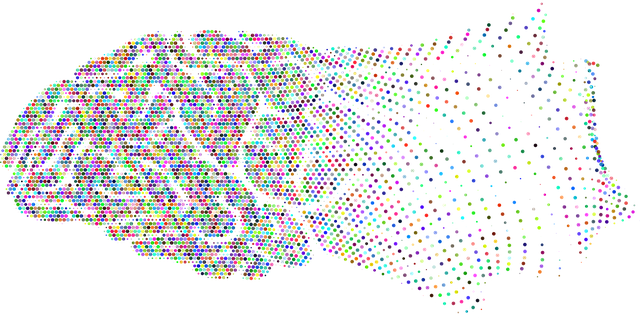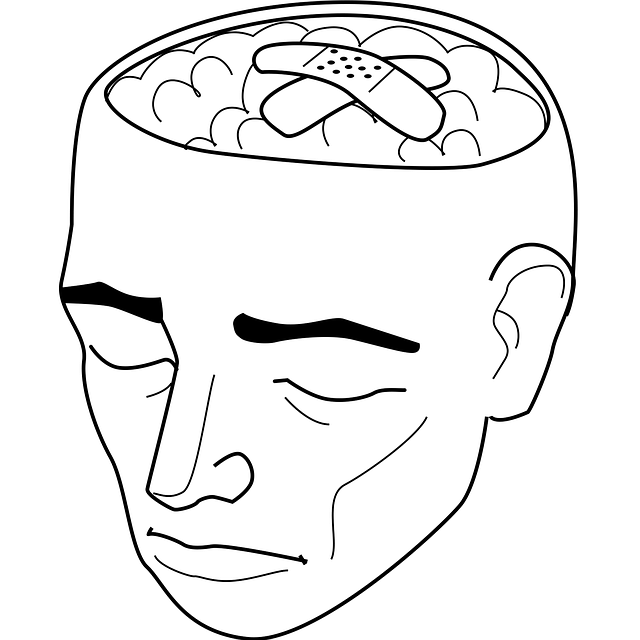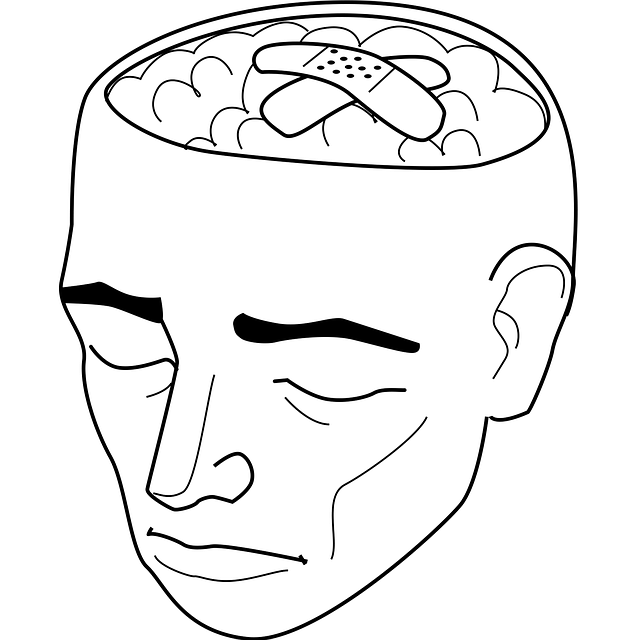Loss, grief, and bereavement stemming from events like a loved one's death or body image changes after bariatric evaluations require personalized therapeutic approaches. Effective therapies, such as social skills training, self-esteem exercises, mental wellness journaling, cognitive-behavioral therapy (CBT), and mindfulness-based interventions, cater to individual needs, helping clients process emotions, restore stability, and enhance overall well-being. These evidence-based practices are especially crucial during bariatric evaluations, where emotional shifts are common, ensuring individuals develop resilience and healthy coping mechanisms to manage complex emotions like sadness, anger, and guilt. Combining these techniques offers tailored support and long-lasting skills to navigate future challenges and reduce the impact of mental illness stigma.
Loss, grief, and bereavement counseling are essential tools for navigating the complex emotional journey that follows a significant loss. This article delves into understanding these processes and explores the transformative power of therapy in healing. We examine how specialized counseling facilitates navigation through the grieving process, offering effective strategies for individuals post-bariatric evaluations. By exploring various therapies, we aim to illuminate paths to recovery, emphasizing the significance of support systems in overcoming loss and fostering resilience.
- Understanding Loss, Grief, and Bereavement: A Complex Emotional Journey
- The Role of Counseling in Navigating the Healing Process
- Effective Therapies for Supporting Individuals Through Bariatric Evaluations and Beyond
Understanding Loss, Grief, and Bereavement: A Complex Emotional Journey

Loss, grief, and bereavement are intricate and deeply personal emotional journeys that vary from person to person. Understanding this complex process involves recognizing that loss can stem from various sources, such as the death of a loved one, major life transitions, or even significant changes in one’s body image, as seen in bariatric evaluations. Each individual navigates their grief uniquely, and what may be a comforting ritual for one could differ greatly for another.
The therapeutic process aimed at supporting individuals through these challenging periods often includes various techniques tailored to their specific needs. Social skills training, self-esteem improvement exercises, and mental wellness journaling guidance are among the tools that can facilitate healing. These strategies not only help in processing emotions but also in rebuilding a sense of stability and overall well-being.
The Role of Counseling in Navigating the Healing Process

Counseling plays a pivotal role in guiding individuals through the intricate journey of healing after loss, grief, and bereavement. It offers a safe space for emotions to surface and for one to process their feelings sans judgment. Through professional therapy, individuals can navigate complex emotions like sadness, anger, or guilt, which are natural responses to profound loss.
Incorporating evidence-based practices such as social skills training, mental health education programs design, and compassion cultivation practices, counseling empowers clients to build resilience and develop healthy coping mechanisms. This support is especially crucial in the context of bariatric evaluations where individuals might be dealing with significant emotional shifts related to their physical health and well-being.
Effective Therapies for Supporting Individuals Through Bariatric Evaluations and Beyond

Effective therapies play a pivotal role in supporting individuals through bariatric evaluations and the subsequent bereavement process. One evidence-based approach is cognitive-behavioral therapy (CBT), which helps individuals identify and challenge negative thought patterns related to their loss, fostering healthier coping mechanisms. CBT also equips them with stress reduction methods, crucial for managing the emotional toll of significant life changes or grief.
Additionally, mindfulness-based interventions have proven effective in reducing symptoms of depression and anxiety associated with bereavement. These therapies encourage individuals to focus on the present moment, promoting acceptance and a non-judgmental attitude towards their emotions. By combining these therapeutic techniques, mental health professionals can offer tailored support, addressing not only the immediate needs of bariatric evaluation candidates but also equipping them with long-lasting coping skills development to navigate future challenges and potentially reduce the impact of mental illness stigma reduction efforts.
Loss, grief, and bereavement counseling play a pivotal role in helping individuals navigate their emotional journeys. By understanding the complexities of these experiences, professional support through therapies like those tailored for bariatric evaluations can significantly enhance healing processes. Effective counseling provides safe spaces to express emotions, fosters adaptive coping strategies, and offers valuable insights into managing long-term bereavement. Embracing therapy as a game-changer in this landscape empowers folks to transform their sorrow into resilience.














